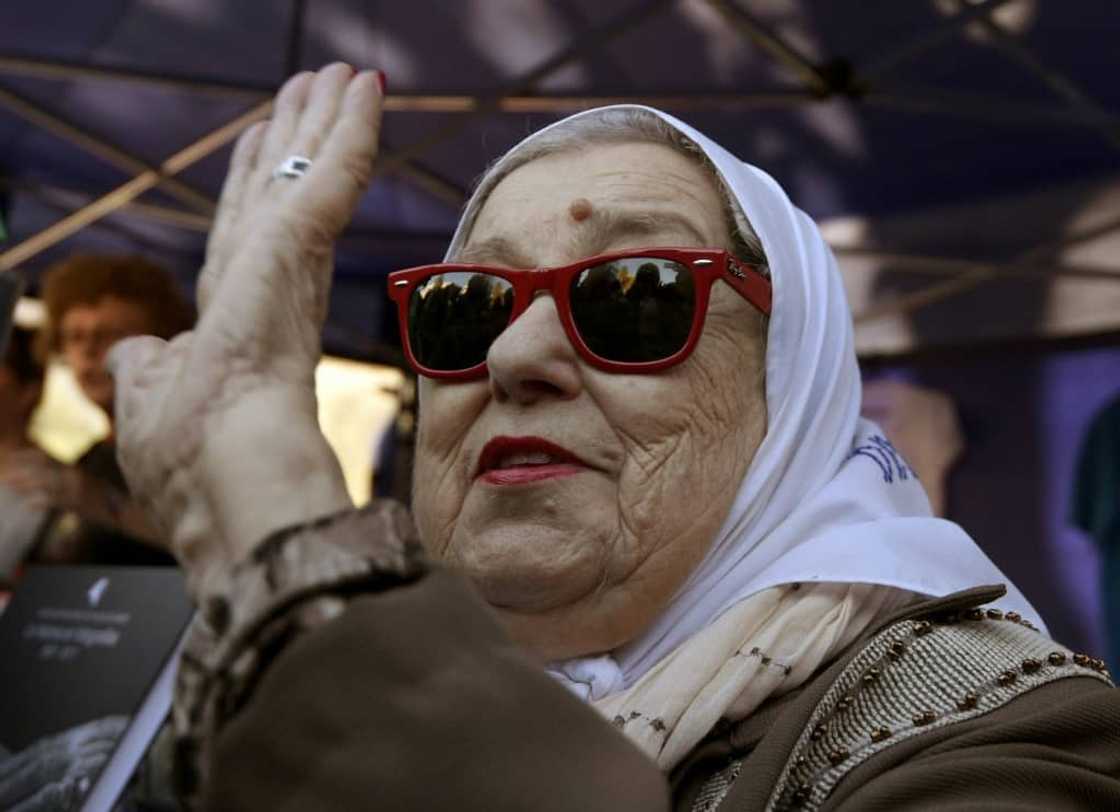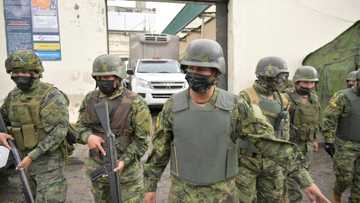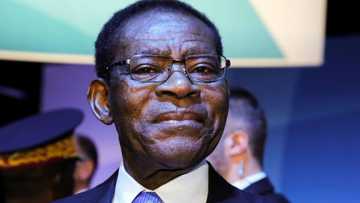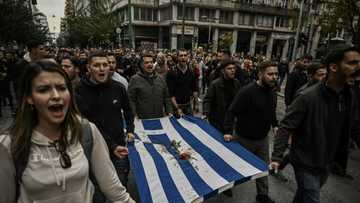Founder of Argentina's anti-dictatorship 'mothers' dies aged 93

Source: AFP
PAY ATTENTION: Click “See First” under the “Following” tab to see Briefly News on your News Feed!
Hebe de Bonafini, who led a group of Argentine women known as the Mothers of Plaza de Mayo in defying the military dictatorship and demanding the truth about their missing children, died Sunday at 93, the country's vice-president said.
Bonafini was one of the founders of the group in 1977, uniting a group of mothers who protested in front of the presidency, desperate to know the whereabouts of tens of thousands who were abducted during the brutal 1976-1983 military regime.
For 45 years, through different governments, the women continued to meet, marching around the Plaza de Mayo in their trademark white headscarves, in an often futile search for justice.
Vice President Cristina Kirchner announced Bonafini's death on Twitter, praising her as a "world symbol of the fight for human rights, pride of Argentina."
Her daughter, Alejandra Bonafini, confirmed her death at a Buenos Aires hospital where she had been admitted for several days.
"These are very difficult moments of deep sadness, and we understand the love people have for Hebe. But, right now, we need to cry in private," wrote Alejandra.
PAY ATTENTION: Follow us on Instagram - get the most important news directly in your favourite app!
Argentina's President Alberto Fernandez said Bonafini was a "tireless fighter for human rights," and declared three days of national mourning.
"The government and the Argentine people recognize her as an international symbol of the search for memory, truth and justice for the 30,000 missing," he added in a statement.
"As founder of the Mothers of Plaza de Mayo, she shone a light in the middle of the dark night of military dictatorship, and lay a path to the recovery of democracy."
The governments of Cuba and Venezuela also paid tribute to Bonafini.
Kidnapping of leftists, babies
Some 30,000 people were abducted and presumed killed by the regime or right-wing death squads in the 1970s and 1980s for being suspected leftists.
That was compounded by the drama of widespread kidnapping of babies born to suspected dissidents being held during the right-wing dictatorship.
Many babies -- offspring of now-dead dissidents -- were born in captivity without the knowledge of their blood relatives and were given to military families to adopt.
Bonafini, who attended rallies in recent years in her wheelchair, was born in 1928 in Ensenada, a town 60 kilometers (37 miles) from Buenos Aires.
She was a housewife when the military seized power in 1976, ousting Isabel Peron, the wife of late president Juan Peron.
However, in 1977, her sons and daughter-in-law were kidnapped and disappeared.
"I forgot who I was the day they disappeared. I never thought of myself again," Bonafini said recently at the launch of a photo exhibition on her life.
A few months later, she and a small group of women began protesting in front of the Casa Rosada, the pink presidential palace.
The mothers risked the same fate as their political activist children -- torture, death or simply disappearing without a trace. Instead, the generals tried to laugh them off, mocking them as "madwomen."
The women circled the Plaza de Mayo every Thursday until the Covid pandemic broke out, becoming famous worldwide for their struggle.
In later years, Bonafini became a more controversial figure, becoming a radical supporter of leftist Kirchnerism and staunch backer of former president Nestor Kirchner and his wife Cristina, the current vice president.
In 2017, she was prosecuted for alleged misappropriation of funds meant for building homes for the poor, which she said was a political act by then-President Mauricio Macri, who she considered an "enemy." The case had not been resolved at the time of her death.
PAY ATTENTION: Сheck out news that is picked exactly for YOU ➡️ find the “Recommended for you” block on the home page and enjoy!
Source: AFP




